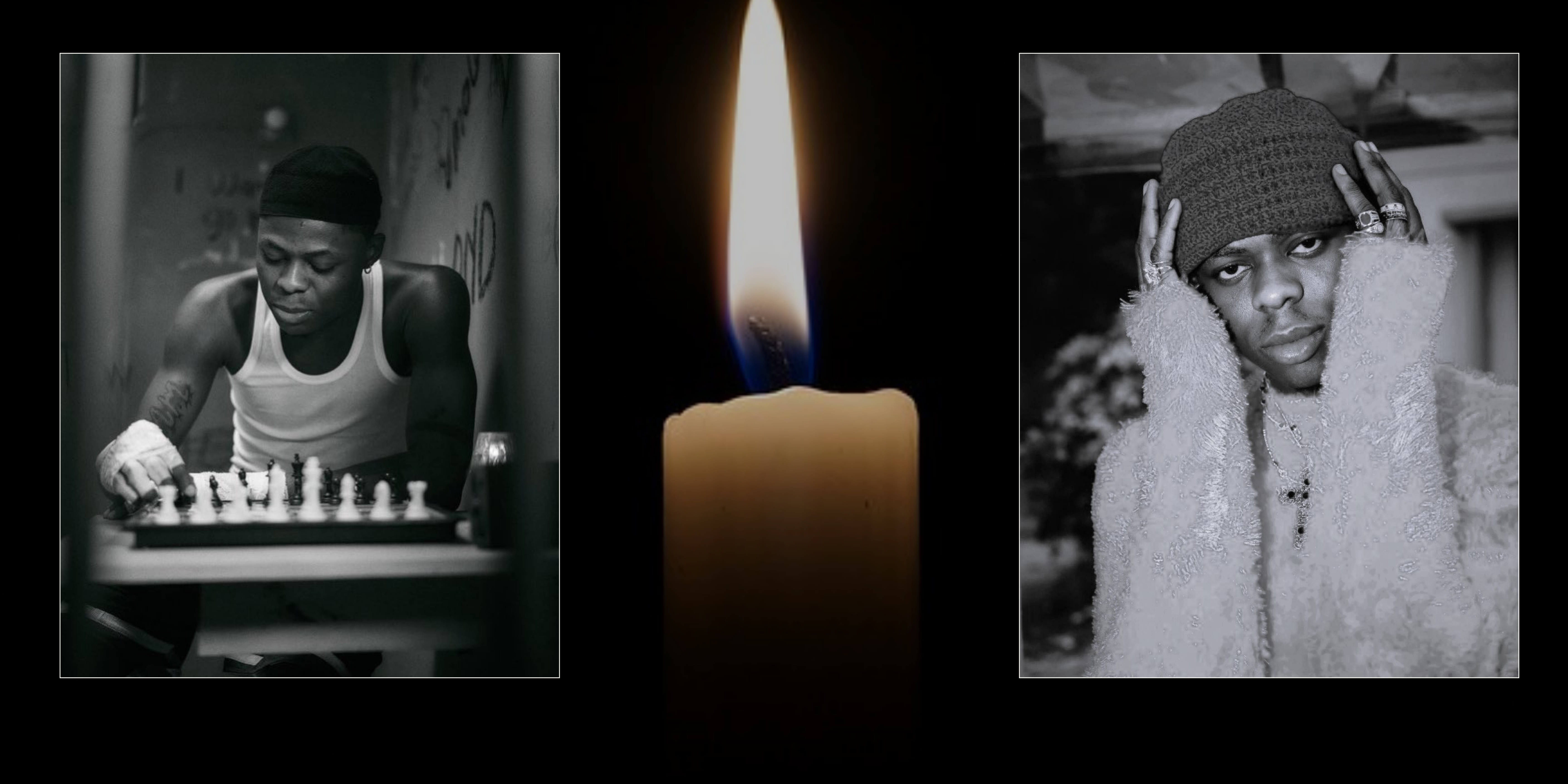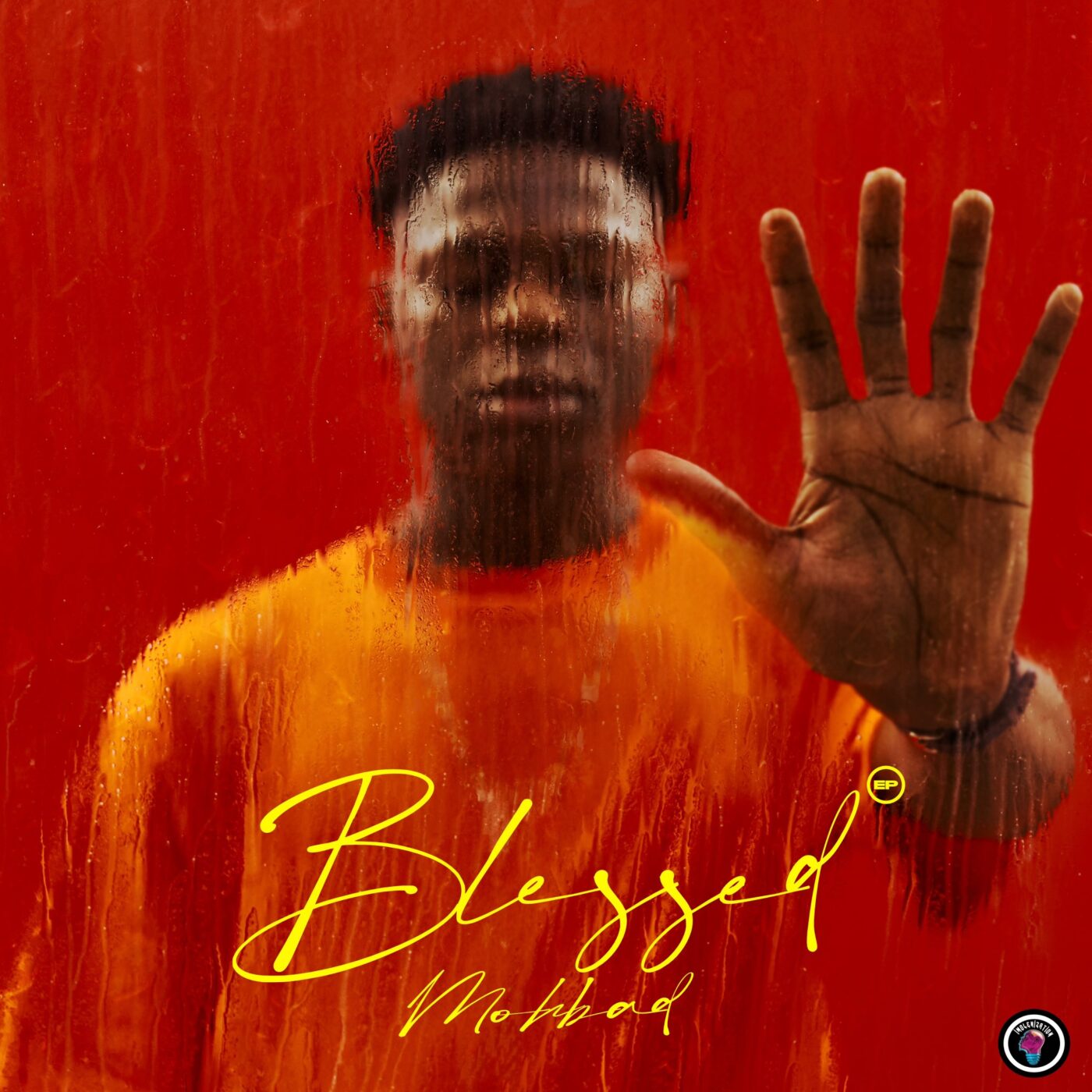
Mohbad: Light That Defies Darkness
In the evening of 12 September 2023, social media was awash with what was thought to be a wild rumor. Afrobeats star, Ilerioluwa Promise Aloba was claimed to have died. Within hours, it went quickly from rumor to fact: Mohbad was dead. Before his demise at 27, he was most popular for his smash hit, “KPK(Ko Por Ke),” a straight up club banger that can fit in a sitting room and in a club. The collaboration with producer, Rexxie came out just as Nigerians were recovering from COVID-19 lockdown and the anti police brutality protests that the word knew as the #EndSARS protests. Weather-beaten and battered, Nigerians needed good cheer and Mohbad’s voice, among others provided succor as part of a continued success of Nigerian contemporary pop music industry. I even featured the song in my Yoruba language class to explain how the language is evolving and how much it fits into popular culture because many of my students are from Britain and the United States of America. Afrobeats is one of the few things that follow Nigerians everywhere they go. Mohbad had earlier been introduced by label leader and rebel, Naira Marley at MarlianFest in December 2020. A string of hit songs followed KPK until he fell out with his label in 2022 after he demanded that his manager be changed. He posted videos of his bloodied body and alleged that he was attacked in the Marlian House but Naira Marley countered the allegations and said Mohbad was simply intoxicated. Accusations and counter accusations followed, more videos followed but it was downhill from there. Mohbad was finally able to cancel his contract with the label to start his own record label which he named Imolenization. He released his sophomore EP after leaving Marlian Records to modest acclaim but he continued to be hounded by associates of Naira Marley until his demise under controversial circumstances.
Ikorodu
When I dey Ikorodu sapa mumi (When I was in Ikorodu, poverty held on to me)
Mo ma ronu, moma sukun (moma sukun) (I used to worry, used to cry)
Mohbad, “Feel Good”
Mohbad was born to a family without much means in a low income area of Lagos State, Ikorodu. Ikorodu, even with its rich history, continues to be a slum. There are areas of Ikorodu that are livable but most of the city is almost totally unlivable because of a lack of social services. The roads in Ikorodu are terrible, social infrastructure has practically collapsed or is non-existent, the city is rife with cultism, crime and criminal gangs have taken hold of major areas. The infrastructure in Ikorodu is overstretched and the most significant government presence are police officers who collaborate with criminal gangs and government agents who extort citizens under the guise of motorpark levies and taxes. Ikorodu is the foil of Lagos, it typifies and exposes everything wrong with the state. Unable to live in the mainland and island areas of Lagos, low income people stream to Ikorodu to rent and build because dreams are supposed to be affordable there. There is no justice in Ikorodu with the reign of the underworld and the social contract between the people and the government has all but broken down. Mohbad survived his parent’s separation, became a carpenter and kept pursuing his dreams to sing. Eventually, his velvety voice took him out of Ikorodu and he joined the horde of newly minted middle class that Lagos attracts every month. His velvety voice was soft yet pleasing to the ears. Even though Mohbad made it out of Ikorodu, Nigeria’s lack of justice and the collapse of social contract followed him.
Lagos Island Lati Ikorodu, mo bo si Island (From Ikorodu, I got to the Island) Ki se pe mo lowo kankan to yapa ninu account (It is not that I had much money in Mohbad (Ajesings, Blessings, ft. Mohbad)
The area called Lagos Island is where Lagos superstars go to live their dreams. Lekki Peninsula, Ajah and the other areas are where the emerging middle class and pop stars like Mohbad go to live to signal their prominence and stay close to the kind of ecosystem that makes the music industry thrive. Victoria Island and Ikoyi are effectively out of reach of pop stars, not only because of how obscenely expensive they are but because the legacy families who have held on to them have refused to give them up just as they have refused to give up their places as Nigeria’s ruling elite since colonialism. The actual Lagos Island is also called Eko, its Yoruba name. The office of Nigeria’s Heads of States was here before the capital was relocated in 1991. The headquarters of banks and other prominent companies are also there. This part of Lagos also hosts some of Nigeria’s most prominent families. They benefited as part of the colonial elite and have contributed to both the good and bad of Nigeria in equal measure or maybe the bad has outweighed the good. Prominence is not necessarily good and Samson Erinfolami, a member of the prominent kingmaking Eletu family has shown. In the midst of the wealth in Eko, there is crime, urban squalor, drugs and everything that is wrong with the country. Erinfolami is known as Sam Larry and he has transformed himself into a socialite, at least that is what his social media shows. He has a song with Dotman where the album cover shows him as a judge with a desk name plate that identifies him as the “King of Settlement.” Naira Marley also made reference to him in his song, “PXTA” that Sam Larry has settled it. What that “it” is remains unknown but that word settlement is mired in so much controversy because it often features in situations where power relations are asymmetrical and the power to settle remains firmly in the hands of the one with power. Don Corleone’s offer to Jack Woltz in The Godfather was also a settlement but it was an offer Woltz could not refuse. Sam Larry’s settlement cannot be refused because he is connected to power. He posts pictures of himself with celebrities, government agents, the state governor and even made it to President Tinubu’s Hajj entourage or simply met the president while performing Hajj.
People like Sam Larry and his brother are important in the Nigerian system. They are close to anyone who is prominent because to be prominent requires people who would do things that prominent people would not do publicly. Naira Marley is one of such people, even though he is himself a publicly confessed sociopath, there are things he would not do but would send people to do for him. Whatever little peace Mohbad experienced after his breakthrough was taken from him after his departure from Marlian Records. Mohbad documented these encounters. He was hounded like an animal under siege, beaten up, blacklisted in the industry and threatened repeatedly. Many videos now circulating on social media show these. Despite all these, he continued to bear witness to life in what Nigerians now call the trenches. These trenches were dug by the many accidents and incidents of history and have served as places of refuge for Nigeria’s lower class. They might look unlivable but there is a lot of vibrancy there and this vibrancy is what Mohbad typified.
Back to Ikorodu

Atelewo eni kii tanni.
One’s palm do not deceive one.
Indeed, Mohbad’s palm did not deceive him. His talent showed up for him and in usual music beef standard, he threw jabs at Naira Marley in songs after leaving Marlian Records. Unfortunately for Naira Marley, he does not possess the talent required to match Mohbad’s songwriting and delivery. The cover of Mohbad’s EP had him behind a damp screen with his open palm. It was a sober album even though it is titled “Blessed.” Indeed, Mohbad is blessed with a voice that made him survive the initial storm even though he became hypertensive. In “Beast and Peace”, he reminded the world that he was capable of causing violence but he chose peace. He also went didactic and insisted that “you don’t have to hurt me before you win, you don’t have to kill somebody before you sing.” Mohbad was most bullish on “Omo mi”, insisting that if his friend steals fish, he does not mind because the river is his and he can get any kind of fish he wants.
Dissatisfied with having practically ran him out of the industry, Sam Larry and his gang wanted to destroy the river that produces fish for Mohbad. They showed up with weapons at the video shoot of Mohbad’s “Account Balance” in June and destroyed his equipment. He reported it to the police and as usual, nothing was done about it. This aided his final journey back to Ikorodu whether directly or indirectly. Three months after that incident, he died of an illness that remains unknown and was hurriedly buried in a manner unbefitting his status or contribution to the music industry. He made his final journey to Ikorodu when his body was taken for burial in a vacant plot in one of Lagos state’s poorest neighborhoods. His burial was a feast for TikTok stars without any sense of decorum, it was a haven of misogyny as old men debated the merits of patriarchy and misogyny. He was indirectly mocked for being committed to his wife and everyone had an opinion on how he lived and died. The aftermath of his life might even be more significant than his dying months as his death has stirred a righteous indignation in Nigerians home and abroad. The Nigerian Police has promised to investigate the circumstances leading to his death because of public outcry. As I write, protests are planned in three cities. His legacy is already settled as the one who exposes the rot in Nigeria’s music industry to the world. Whether he gets justice or not, whatever justice looks like for Nigerians, one thing is sure; his death has come to shine light in a crime-infested entertainment industry and Nigeria will be better for the revelations in the long run. Imole was a light that did not die with his death. It is light that defies darkness and will continue to shine for some time.
Ayọ̀délé Ìbíyẹmí is a reader who writes occasionally. He works at the intersection of literature, Life Writing, Popular Music, Tech, (Multi)Media, History and Art. For him, language is very important and words are what make the world livable
